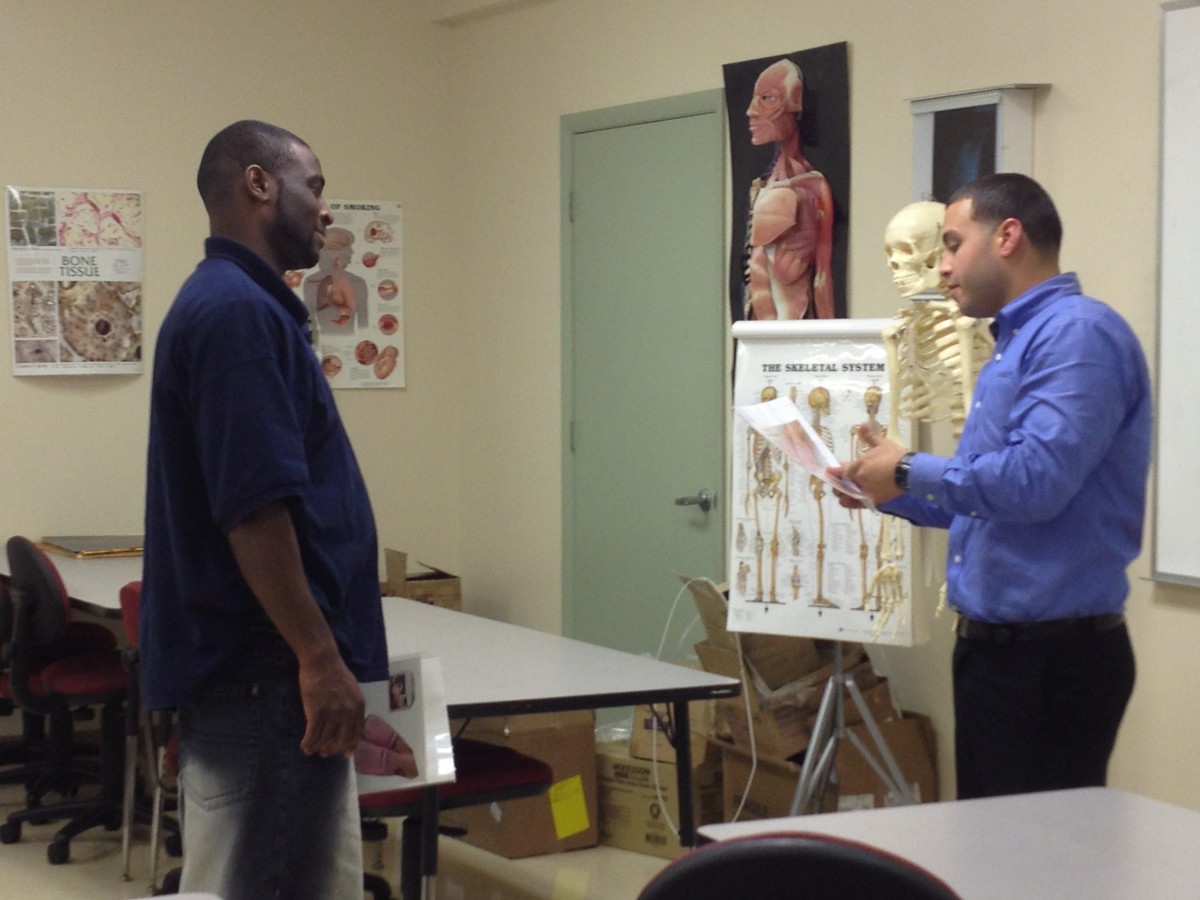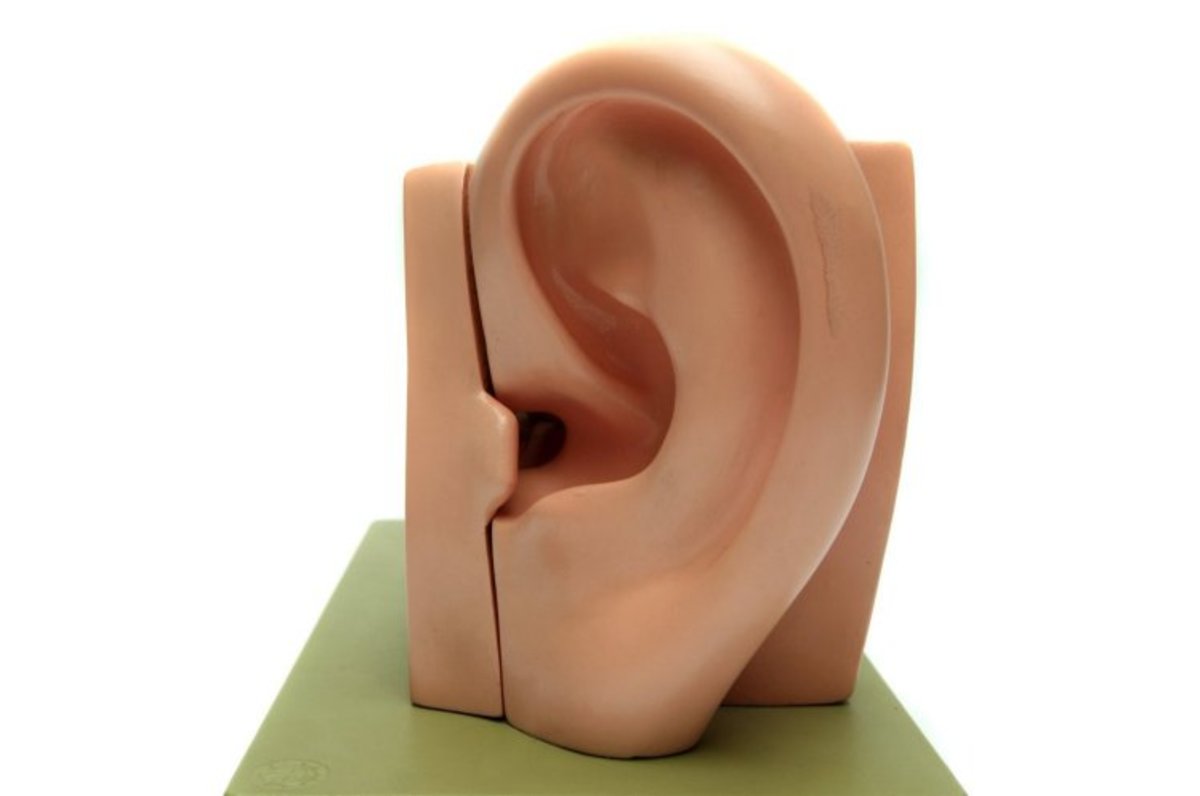Active Listening--The Most Important Business Communication Skill

What is Active Listening?
Active listening is the conscious effort of listening to understand the message that the speaker is attempting to convey. It is the most important skill anyone can have when trying to communicate with others.
The concept revolves around listening first before expecting to be heard. Everyone wants to be heard and let others know that you are doing so. Your job effectiveness and the quality of your relationships depend on active listening. Actively listening to others provides us with new information about the person we are communicating with. By actively listening, we learn and understand the needs of the person we are communicating with before we express our own. We feel good about the interaction and in turn, so does the other person.
You Must First Listen in Order to Be Heard
Active Listening is one of the most important things you can do if you want your own message to be heard. Theodore Roosevelt, the twenty-sixth President of the United States said, "People don't care how much you know until they know how much you care."
Active listening is a skill that we need to develop in order to excel in almost every area of our lives that involves other people. Whether it is in business or in our relationships, we need to know how to listen actively.
Active listening must originate with genuine caring for another person. You may be able to fool a few people by going through the motions of actively listening. However, without genuine empathy, most people will be able to see right through you.
18 Tips to Improve Active Listening
Our best communication occurs when we can give feedback that lets the other person know that we were really listening to what that person was trying to say. Here are eighteen tips on how to improve your active listening skills.
1. Pay attention by giving the speaker your undivided attention. Your nonverbal communication speaks loudly.
2. Make direct eye contact with the speaker.
3. Don’t be distracted by side conversations
4. Observe the speaker's body language when you respond to what he or she is saying. Sometimes the loudest part of the conversation is not what is being said.
5. Do not allow yourself to become distracted. When giving your information, you must consider your audience.
6. Pay close attention to your own focus. Don’t’ form counterarguments that you'll make when the other person stops speaking.
7. Smile and use other facial expressions.
8. Stand erect, but be sure your stance is open and inviting.
9. Do not allow yourself to get bored, and lose focus on what the other person is saying.
10. If you are having difficulty concentrating on what someone is saying, repeat their words mentally as they say them. This way, you will reinforce their message and help you stay focused.
11. Acknowledge that you have heard the other person simply by nodding your head and saying uh huh at the appropriate moment.
12. Make an occasional question or comment to verify that you are not just listening, but that you understand what the other person is trying to relay to you.
13. Reflect by paraphrasing using terms like “what I’m hearing is” and sounds like you’re saying”.
14. Ask questions to clarify what the speaker has just said. Say ask questions such as: "What do you mean when you say . . .?" "Is this what you mean?"
15. From time to time in the conversation paraphrase what the speaker has just said.
16. When you feel emotionally disturbed by what you think the speaker is saying, ask for more information before assuming your emotional response is correct. Use statements like: I may not be understanding you correctly, but I find myself taking what you are saying personally.” And “What I thought you just said is . . : is that what you mean?”
17. Don’t interrupt the speaker with counterarguments, but allow the speaker to finish each point before asking questions.
18. During conversations, use the golden rule. Treat the other person in the same way that you would like to be treated. Assert your opinions respectfully, candidly, openly, and honestly.
Active Listening is a Skill That Can be Learned
If improving your workplace productivity and developing better relationships is your goal, learning to listen to another person actively is one of the most essential skills.
Active Listening is not easy to learn, but if you are persistent, you can learn this valuable. skill. With determination and concentration, you too can become an active listener.
This content is accurate and true to the best of the author’s knowledge and is not meant to substitute for formal and individualized advice from a qualified professional.
© 2013 Cygnet Brown








